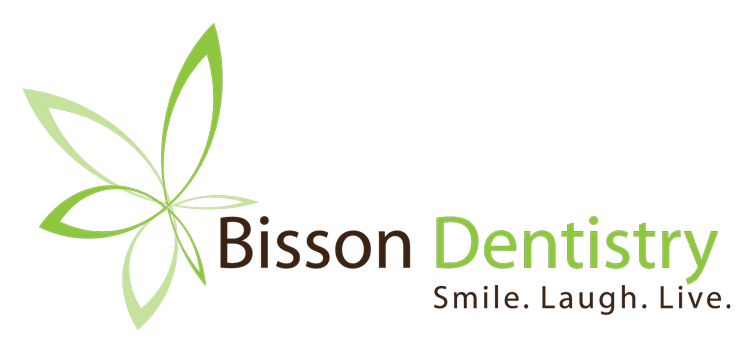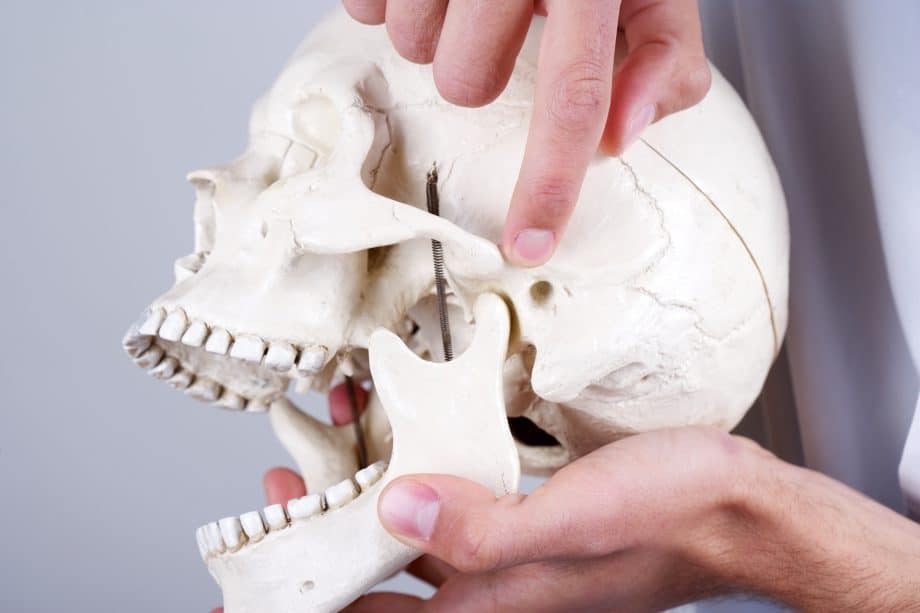As the seasons change here in Guelph, many of us prepare for the familiar signs of seasonal allergies: sneezing, itchy eyes, and a stuffy nose. But what if we told you that your seasonal sniffles might have a connection to another nagging issue – jaw pain? Many people experience facial pain, headaches, and jaw clicking without realizing that their allergies could be a contributing factor. This discomfort often relates to the temporomandibular joint (TMJ), the complex joint that connects your jaw to your skull.
We see patients who are surprised to learn that dental professionals may connect these two seemingly unrelated health concerns. The inflammation and congestion caused by allergies can put extra pressure on the delicate structures of your head and neck, including the TMJ. Understanding this connection is the first step toward finding relief. In this post, we will explore how seasonal allergies can affect your jaw health and what you can do to manage the symptoms.
Understanding the Allergy and TMJ Link
To grasp the connection, we first need to understand how allergies affect our bodies. When you encounter an allergen, like pollen or ragweed, your immune system releases histamines. These chemicals cause the familiar allergic reactions: inflammation, increased mucus production, and swelling in your nasal passages and sinuses. Your sinuses are a network of hollow cavities in your skull, with some located very close to the temporomandibular joint.
How Sinus Pressure Impacts the Jaw
When your sinuses become inflamed and congested, a condition known as sinusitis, the pressure build-up can radiate to surrounding areas. This pressure can directly affect the jaw joint and the muscles that control it. The discomfort can mimic the symptoms of a temporomandibular disorder (TMD), which is the clinical term for problems with the TMJ. The constant pressure can lead to jaw tension, earaches, and even headaches, as the entire system of muscles, nerves, and joints is thrown off balance.
The Role of Mouth Breathing
Another significant factor is the way we breathe when congested. A stuffy nose forces us to breathe through our mouths, especially while sleeping. This unnatural breathing posture causes the jaw to sit in an open, recessed position for long periods. Mouth breathing can lead to dryness, but it also alters the alignment of your jaw and puts a continuous strain on the TMJ and surrounding muscles. Over time, this chronic strain can contribute to or worsen existing TMD symptoms like clicking, popping, and pain.
Common Symptoms That Overlap
One of the reasons the link between allergies and TMJ disorders is often missed is that their symptoms can overlap significantly. Many people might attribute their discomfort solely to their allergies without considering the role of their jaw. Recognizing these shared symptoms is crucial for obtaining the correct diagnosis and treatment.
Facial Pain and Headaches
Both allergies and TMD can cause generalized facial pain and persistent headaches. For allergies, this pain often stems from sinus pressure and is felt around the eyes, cheeks, and forehead. For TMD, the pain originates from the jaw muscles and joint, but can radiate to the temples, causing tension headaches that feel very similar. When you have both conditions, it can be challenging to pinpoint the primary source of your headache without a professional evaluation.
Ear Pain and Fullness
A feeling of fullness or pain in the ears is a classic symptom of both sinus congestion and TMD. The Eustachian tube, which connects the middle ear to the back of the throat, can become blocked due to inflammation related to allergies, leading to a sensation of pressure or fullness. Similarly, the TMJ is located just in front of the ear canal. Inflammation or dysfunction in the jaw joint can cause referred pain that feels like an earache, making it difficult to distinguish between the two conditions.
What You Can Do to Find Relief
If you notice your jaw pain flares up at the same time as your seasonal allergies, it’s a good idea to address both issues. Managing your allergy symptoms can often provide significant relief for your jaw, while specific TMJ therapies can address underlying joint and muscle problems. Taking a two-pronged approach gives you the best chance of feeling better.
Managing Your Allergy Symptoms
The first step is to manage your allergies effectively. These actions might involve using over-the-counter antihistamines or nasal sprays to reduce inflammation and congestion. Saline nasal rinses are also excellent for clearing mucus and relieving sinus pressure. Identifying and avoiding your specific allergy triggers as much as possible can also make a big difference. If your allergies are severe, consulting with your family doctor or an allergist can provide you with more targeted treatment options.
Easing Jaw Tension at Home
While managing your allergies, you can also take steps to alleviate jaw strain. Applying a warm compress to the sides of your face for 10-15 minutes can help relax tight muscles. Gently massaging the jaw muscles can also ease tension. Try to be mindful of habits like clenching or grinding your teeth, which often increase when you’re feeling unwell. Sticking to a soft-food diet temporarily can also give your jaw a much-needed rest from excessive chewing when it’s already under stress.
Professional Care for Lasting Comfort
While at-home remedies can provide temporary relief, addressing chronic jaw pain requires a comprehensive approach. If your symptoms persist even after your allergy season has passed, it is crucial to seek a professional diagnosis. We can help determine if the root cause of your pain is a structural issue with your TMJ, a muscular imbalance, or a combination of factors. Ignoring TMD can lead to more significant problems, including chronic pain, worn-down teeth, and limited jaw movement.
We use advanced diagnostic tools to evaluate the health and function of your jaw. Based on our findings, we can create a personalized treatment plan that may include a custom-fitted oral appliance, also known as a splint or night guard. These devices help reposition the jaw into a more relaxed and stable position, alleviating pressure on the joint and reducing muscle strain. For many of our patients in Guelph, a tailored treatment plan offers the lasting relief they need to live free from jaw pain, regardless of the season.
Frequently Asked Questions About TMJ Treatment
Can treating my allergies completely cure my TMJ pain?
Treating your allergies can significantly reduce or even eliminate jaw pain if the discomfort is caused by sinus pressure and inflammation. By managing congestion with antihistamines or other allergy treatments, you relieve the external pressure on your jaw joint. However, if you have an underlying temporomandibular disorder (TMD), allergy treatment alone may not be enough. In such cases, managing allergies is an essential component of a comprehensive treatment plan that also includes targeted TMJ therapies.
What happens if I don’t treat my TMJ disorder?
Ignoring a TMJ disorder can lead to a range of worsening problems. The persistent pain can become chronic and more widespread, affecting your head, neck, and shoulders. Untreated TMD can also cause significant damage to your teeth from clenching or grinding, leading to wear, cracks, or fractures. In severe cases, the joint itself may incur damage, leading to arthritis or a locked jaw that limits your ability to eat and speak comfortably. Seeking a diagnosis and treatment is the best way to prevent these long-term complications.
At Bisson Dentistry, we are committed to delivering comprehensive dental care to families throughout the Guelph community. Our team combines advanced technology with a compassionate approach to help you achieve optimal oral health and a life free from pain. If you are experiencing jaw pain or have questions about your dental health, we invite you to contact us to schedule a consultation.

